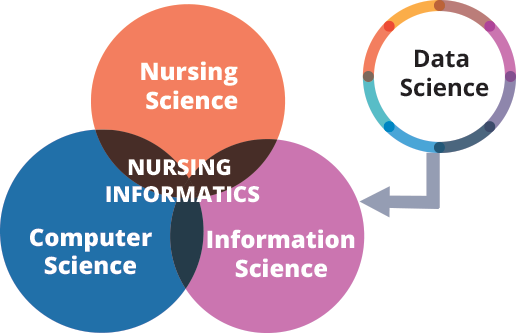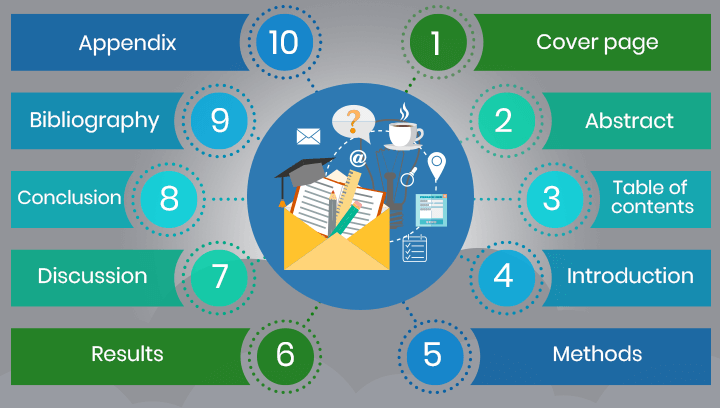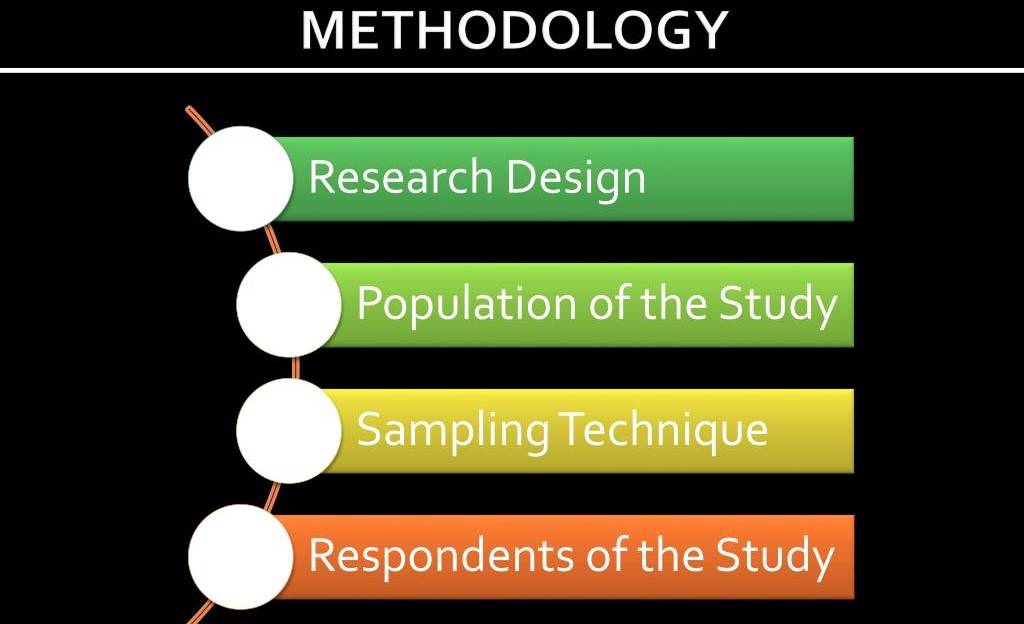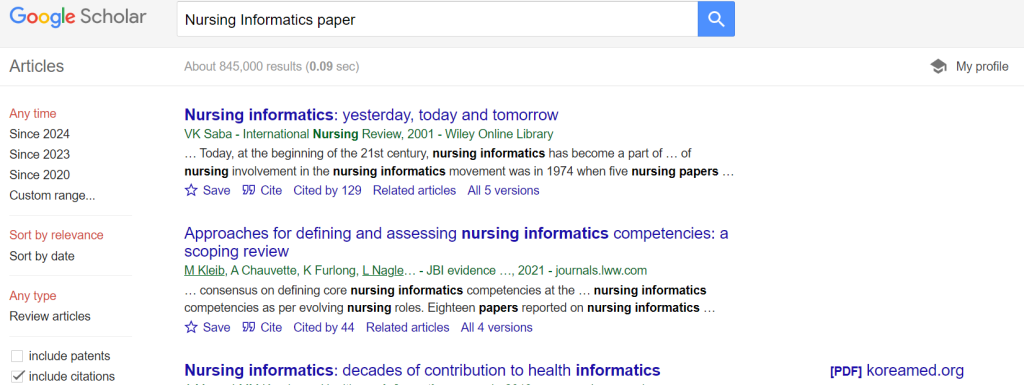
Table of Contents
Nursing informatics, a dynamic field at the intersection of nursing science, computer science, and information science, is rapidly evolving. As a result, the need for well-written and informative nursing informatics papers is greater than ever. These papers serve as a critical platform for disseminating research findings, sharing innovative practices, and advancing the field as a whole.
This article provides comprehensive guidelines for writing a high-quality nursing informatics paper, ensuring your work is impactful and well-received by the scientific community.
The Key Components of a Nursing Informatics Paper
Understanding the essence of a nursing informatics paper is crucial in crafting a top-notch piece. A nursing informatics paper is a written work that explores a specific topic within the field of nursing informatics. This field combines nursing science with information and computer science to improve patient care. Nursing informatics papers can cover a wide range of subjects, such as:
- The development and implementation of electronic health records (EHRs)
- The use of data analytics to improve patient outcomes
- The impact of technology on nursing practice
- The ethical considerations of using technology in healthcare
Nursing informatics papers are often published in academic journals, presented at conferences, or submitted as part of a degree program. They aim to contribute to the body of knowledge in nursing informatics and to advance the field.
When writing a nursing informatics paper, it is important to:
- Clearly define the research question or topic
- Use a strong theoretical framework
- Employ rigorous research methods
- Present the findings in a clear and concise manner
- Discuss the implications of the findings for nursing practice

Nursing informatics papers are crucial for the advancement of the field and for ensuring that nurses are well-equipped to use technology to improve patient care. That is why they are among the common types of assignments for nursing students in college and university.
Step-by-Step Guide to Nursing Informatics Paper Writing
1. Defining the Scope: Selecting a Compelling Topic
The first step in writing a stellar nursing informatics paper is identifying a relevant and engaging topic. This involves considering current trends and challenges within the field, reflecting on your own clinical experiences, and aligning your research interests with the broader goals of nursing informatics.
- Focus on practical problems: The most impactful nursing informatics papers address real-world issues faced by nurses and healthcare professionals. This could include improving patient safety through technology, optimizing workflow efficiency, or enhancing data-driven decision-making. Focusing on practical problems will also make it easier for readers to relate with the information.
- Leverage emerging technologies: Explore the application of new technologies like artificial intelligence (AI), machine learning, or wearable devices in healthcare settings. Examine how these technologies can impact patient care, nursing practice, or healthcare administration.
- Explore interdisciplinary connections: Consider how nursing informatics intersects with other disciplines, such as public health, biomedical engineering, or social informatics. This could lead to collaborations and innovative solutions for complex healthcare challenges.
2. Crafting a Powerful Research Question
A well-defined research question forms the bedrock of any nursing informatics paper. It guides your research process, ensuring focus and coherence in your analysis and discussion. A strong research question should follow the SMART formula as described below:
- Specific: Clearly define the scope of your investigation and avoid ambiguity.
- Measurable: Ensure your question can be answered through data collection and analysis.
- Achievable: Ensure the question is within the bounds of your resources and expertise.
- Relevant: Align your question with current trends and needs within the field of nursing informatics.
- Time-bound: Establish a timeframe for conducting your research and writing the paper.
Example:
Instead of asking, “How can technology improve patient safety?” a stronger research question might be, “How does the implementation of a barcoding system for medication administration affect medication errors in a pediatric intensive care unit over a six-month period?”
3. Building a Strong Foundation: Literature Review
Before diving into your research, you should conduct a thorough literature review to understand the existing body of knowledge surrounding your chosen topic. This step is critical for:
- Identifying knowledge gaps: Determine where your research can contribute to the existing body of knowledge.
- Understanding key concepts: Gain a firm grasp of the terminology and theoretical frameworks related to your nursing informatics paper.
- Supporting your arguments: Use existing research to justify your research question and provide context for your findings.
- Avoiding redundancy: Ensure your research is original and contributes new insights to the field.
4. Choosing the Right Research Methodology
Selecting the appropriate research methodology is crucial for ensuring the validity and reliability of your nursing informatics paper. Common methodologies include:
- Quantitative research: This approach uses numerical data to test hypotheses and identify relationships between variables.
- Qualitative research: This approach explores subjective experiences, perspectives, and opinions through interviews, focus groups, or observation.
- Mixed methods research: This approach combines both quantitative and qualitative methods to provide a comprehensive understanding of your research topic.
The choice of methodology depends on your research question, the nature of the data you intend to collect, and the specific goals of your nursing informatics paper.
5. Collecting and Analyzing Data
Data collection and analysis are essential components of a strong nursing informatics paper. Carefully consider your research question and chosen methodology to determine the most appropriate data sources and analytical techniques.
- Quantitative data: Utilize surveys, databases, electronic health records (EHRs), or other quantitative datasets to gather numerical data. Employ statistical analysis techniques to draw meaningful conclusions from the collected data.
- Qualitative data: Conduct interviews, focus groups, or engage in observation to collect rich qualitative data. Apply thematic analysis or other qualitative methods to interpret the data and identify patterns or themes.
- Mixed methods: Integrate quantitative and qualitative data collection and analysis techniques to achieve a holistic understanding of your research topic.
6. Writing a Clear and Concise Nursing Informatics Paper
Once your data analysis is complete, you’re ready to begin writing your nursing informatics paper.

- Structure: A typical nursing informatics paper follows a standard structure, including an introduction, literature review, methodology, results, discussion, and conclusion.
- Introduction: Clearly state the purpose and significance of your research, introducing the topic and framing your research question.
- Literature Review: Summarize relevant existing research, highlighting key findings and knowledge gaps.
- Methodology: Describe your research design, data collection methods, and data analysis techniques in detail.
- Results: Present your findings in a clear and concise manner, using tables, figures, and graphs as needed.
- Discussion: Analyze and interpret your results, linking them to existing literature and discussing their implications for nursing practice and future research.
- Conclusion: Summarize your key findings and reiterate the significance of your research.
7. Ensuring Clarity and Accuracy in Your Nursing Informatics Paper
To ensure your nursing informatics paper is clear, accurate, and impactful, pay attention to the following details:
- Language: Use clear, concise, and professional language. Avoid jargon or technical terms that may not be understood by your intended audience.
- Organization: Structure your paper logically and use headings and subheadings to guide the reader through the content.
- References: Use a consistent referencing style throughout your paper.
- Proofreading: Carefully proofread your paper for grammar, spelling, and punctuation errors.
- Ethical Considerations: Ensure your research adheres to ethical guidelines for data collection and analysis, particularly when dealing with sensitive patient information.
8. Making Your Nursing Informatics Paper Stand Out
To make your nursing informatics paper truly stand out, consider these additional tips:
- Include relevant visuals: Enhance the clarity and engagement of your paper by using relevant figures, charts, and tables to illustrate your findings.
- Highlight practical implications: Discuss how your research can be applied in real-world nursing settings, translating theoretical knowledge into actionable insights.
- Offer recommendations: Suggest future directions for research and highlight areas where further investigation is needed.
9. The Role of Peer Review in Nursing Informatics Papers
The peer review process is an essential component of scholarly publishing in nursing informatics. Peer reviewers are experts in the field who assess the quality, originality, and significance of your nursing informatics paper.
- Benefits of Peer Review:
- Quality control: Ensures that published research meets rigorous academic standards.
- Objectivity: Provides an unbiased assessment of your paper, helping to identify potential weaknesses.
- Improved communication: Encourages clear and concise writing that is easily understood by the intended audience.
- Increased credibility: Publication in a peer-reviewed journal gives your nursing informatics paper greater credibility and impact.
10. Submitting Your Nursing Informatics Paper for Publication
Once your nursing informatics paper is finalized, you can submit it to a relevant journal for publication.
- Choosing a journal: Select a journal that aligns with your research topic, methodology, and target audience.
- Reviewing submission guidelines: Ensure your paper adheres to the journal’s specific formatting and submission requirements.
- Crafting a compelling cover letter: Briefly summarize your research and highlight its significance to the journal’s readership.
Examples of Engaging Nursing Informatics Paper Titles
Here are some examples of titles for nursing informatics papers that incorporate the key elements discussed in this article:
- Improving Medication Safety in a Pediatric Intensive Care Unit through Barcoding Technology: A Quantitative Study
- The Impact of Telehealth on Patient Satisfaction and Nurse Burden: A Mixed Methods Approach
- Using Machine Learning to Predict Patient Readmissions: A Data-Driven Approach to Improving Care Transitions
- Exploring Nurses’ Attitudes and Experiences with Electronic Health Records: A Qualitative Study
- The Role of Nursing Informatics in Promoting Patient Empowerment and Engagement
Navigating the Common Pitfalls in Nursing Informatics Papers
Writing a successful nursing informatics paper requires careful consideration and planning to avoid common pitfalls that can hinder the quality and impact of your work. Here are some key areas to focus on:
1. Lack of Clear Focus: A poorly defined research question or objective can lead to a nursing informatics paper that lacks direction and fails to effectively communicate its findings.
Avoid this: Start by crafting a specific research question that directly relates to the field of nursing informatics. Ensure your objective is clear and achievable within the scope of your paper.
2. Inadequate Literature Review: A comprehensive review of existing literature is crucial for building a strong foundation for your nursing informatics paper.
Avoid this: Go beyond surface-level searches and delve into relevant scholarly articles, books, and reputable online resources. Analyze findings and identify gaps in knowledge that your research aims to address.
3. Weak Methodology: A flawed methodology can undermine the validity and reliability of your findings, ultimately impacting the quality of your nursing informatics paper.
Avoid this: Choose appropriate research methods that align with your research question and objective. Provide detailed descriptions of your data collection, analysis techniques, and ethical considerations to ensure transparency and reproducibility.

4. Lack of Data Analysis & Interpretation: Data analysis is essential to derive meaningful insights from your research and present compelling evidence in your nursing informatics paper.
Avoid this: Utilize appropriate statistical tools and techniques to analyze your data effectively. Present your findings in clear and concise tables, figures, and descriptive narratives, providing insightful interpretations that support your conclusions.
5. Poor Writing Style and Structure: A nursing informatics paper should be well-structured and written in a clear, concise, and engaging style.
Avoid this: Use proper grammar and sentence structure, avoid jargon and technical terms unfamiliar to your audience, and follow established academic writing conventions. Structure your paper logically, using headings, subheadings, and paragraphs to guide the reader through your arguments and findings.
6. Inadequate Citation & References: Proper citation and referencing are essential for maintaining academic integrity and avoiding plagiarism in your nursing informatics paper.
Avoid this: Use a consistent citation style throughout your paper and ensure accurate referencing of all sources. Include a complete bibliography or list of references to provide full attribution for all cited materials.
By carefully addressing these common pitfalls, you can write a compelling and impactful nursing informatics paper that contributes meaningfully to the field. Remember, clear communication, a solid methodology, and thoughtful analysis are key to success.
Frequently Asked Questions About Nursing Informatics Papers
1. What is the purpose of a nursing informatics paper?
A nursing informatics paper aims to explore, analyze, and present information related to the intersection of nursing and technology. This can include topics like:
- Implementing new technologies in healthcare settings.
- Analyzing the impact of technology on patient care and outcomes.
- Developing innovative solutions to improve nursing practice using technology.
- Examining the ethical and legal implications of using technology in nursing.
2. What are some common topics for a nursing informatics paper?
There are many possible topics for a nursing informatics paper. Some common themes include:
- Electronic Health Records (EHRs)
- Telehealth and Telemedicine
- Data Analytics and Big Data in Healthcare
- Artificial Intelligence (AI) in Nursing
- Mobile Health (mHealth) Applications
- Patient Portals and Information Systems
- Cybersecurity and Data Privacy in Healthcare
3. How do I find information for my nursing informatics paper?
Start with reputable sources like:
- Journals: Look for peer-reviewed publications specializing in nursing informatics like the American Journal of Nursing Informatics or JAMIA.
- Professional Organizations: The American Medical Informatics Association (AMIA) and the Healthcare Information and Management Systems Society (HIMSS) offer valuable resources.
- Government Websites: The National Institutes of Health (NIH) and the Centers for Medicare & Medicaid Services (CMS) provide data and reports relevant to health informatics.
- Online Databases: PubMed, Google Scholar, and EBSCOhost can help you search for relevant research articles.

4. What are some important considerations for writing a nursing informatics paper?
- Clarity and Conciseness: Your paper should be easy to understand and follow, even for readers not familiar with the specific technology.
- Evidence-Based Approach: Support your arguments with strong evidence from credible sources.
- Ethical and Legal Considerations: Address the ethical and legal implications of the technologies you are discussing.
- Relevance to Nursing Practice: Show how your findings can impact nursing practice and improve patient care.
5. What are some common mistakes to avoid when writing a nursing informatics paper?
- Lack of Focus: Don’t try to cover too many topics in one paper.
- Insufficient Research: Thoroughly investigate your chosen topic and support your claims with reliable evidence.
- Poor Organization: Use clear headings, subheadings, and formatting to improve readability.
- Technical Jargon: Avoid excessive technical language that may be confusing to readers.
By understanding these frequently asked questions and addressing them in your nursing informatics paper, you can write a compelling and informative piece that contributes to the field of nursing informatics.
The Bottom Line
Writing a successful nursing informatics paper requires careful planning, meticulous research, and clear communication. By following these guidelines, you can craft a high-quality paper that contributes to the growing body of knowledge in this dynamic field. Remember to stay current with emerging trends, utilize relevant technologies, and focus on practical applications to create a nursing informatics paper that is both informative and impactful.
The ultimate goal in nursing informatics paper writing is to produce a paper that is not only well-written and scientifically rigorous but also contributes to the advancement of nursing informatics and improves the quality of healthcare delivery.
Get Professional Nursing Informatics Paper Writing Help
Are you having difficulties in writing a nursing informatics paper or any other nursing assignment? Then, engage Nursing Papers for professional nursing paper writing assistance. We provide on an all-inclusive service that covers topic suggestion, paper writing, proofreading, formatting and plagiarism removal. We also offer customized help with nursing research papers, essays, case studies and dissertations.







